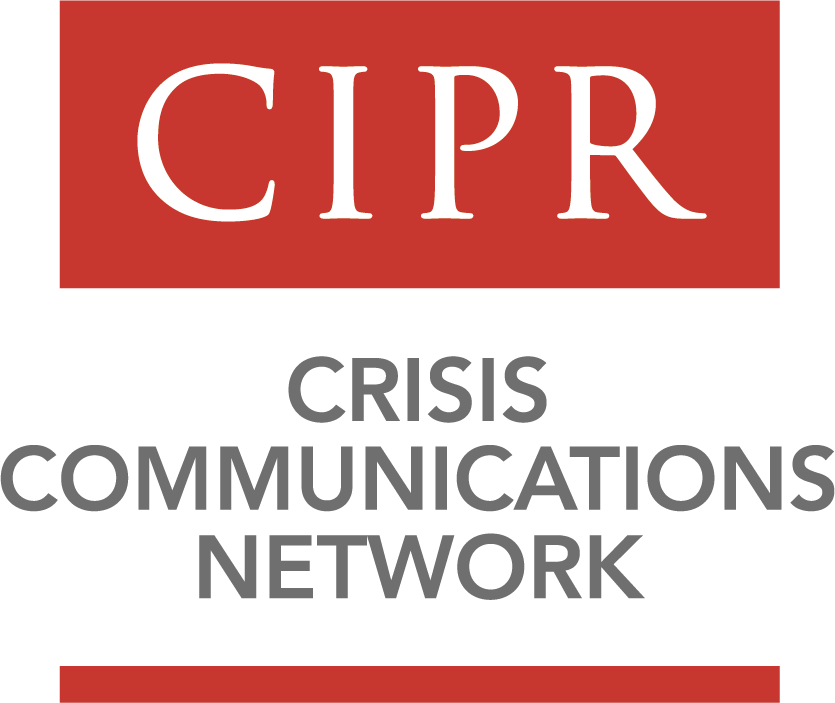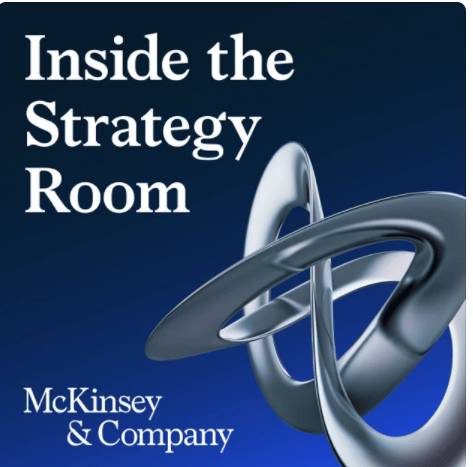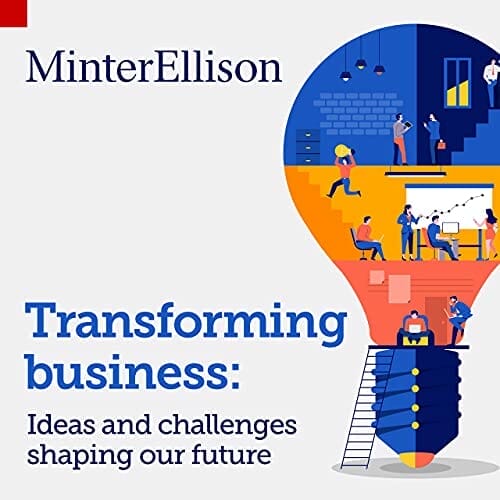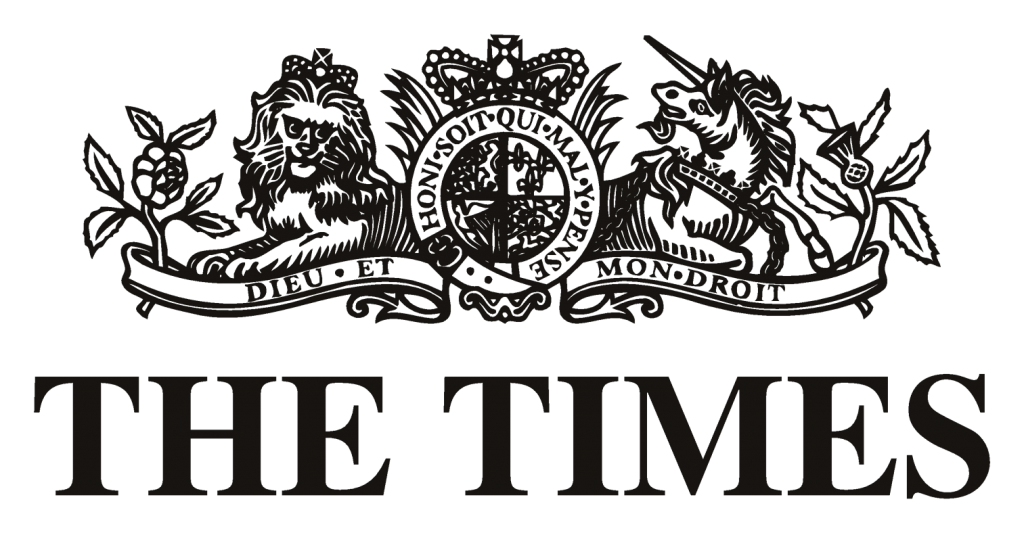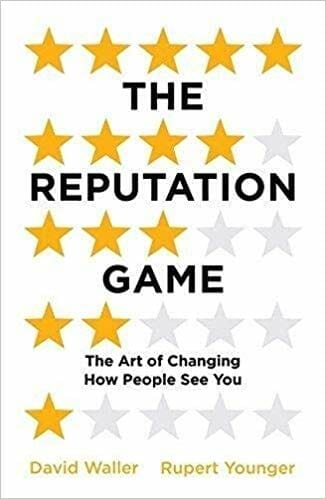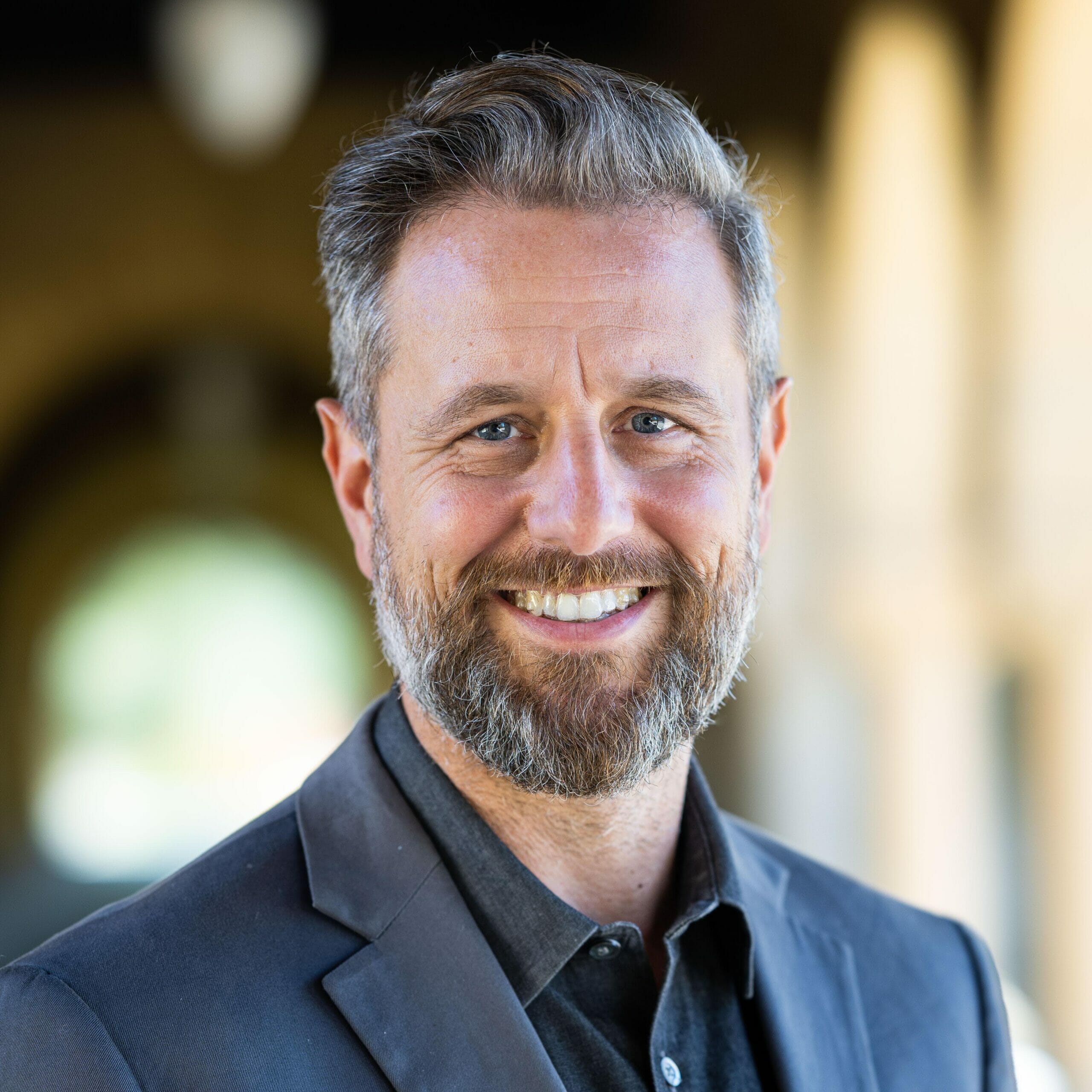Videos
Learn More About Rupert Younger
In our hyper-connected society, reputation is the most consequential modern currency, and its value will only continue to rise as the data and AI revolution gains momentum. With the click of a button, individuals with bad intentions can damage the public perception of a leader or a company in an instant. Helping executive teams deflect, defend against and diminish damaging attacks is Oxford University professor Rupert Younger.
The founding director of the Oxford University Centre for Corporate Reputation and a trained economist, Younger is a global authority on purpose, reputation management and fostering trust. Author of the 2017 bestseller “The Reputation Game: The Art of Changing How People See You” (Oneworld Publications), his insights into how reputations are created, sustained, destroyed and rebuilt leave companies and their leaders with a strategy to compete – and win – in today’s reputation economy.
“Every single leader in every single part of an organization will, at some point, be the target of people who are trying to attack and tear them down,” explains Younger, author of Forked Tongues: A Defense Manual Against the Dark Arts of the Character Assassin” (Olympia Publishers, September 2025). “When you’re the victim, it’s important to have a resiliency and response toolkit.”
Co-author of “The Oxford Handbook of Organizational Social Evaluations” (Oxford University Press, January 2026), his eye-opening keynotes and hand-in-hand advisory partnerships equip leadership teams with accessible frameworks for managing integrity, shoring up organizational resilience and solidifying reputational excellence.
Practical AI Governance Strategies for Supporting Purpose and Perception
As artificial intelligence becomes an important element of many businesses, overseeing AI initiatives in a principled way must be a key element of an organization’s strategic purpose. Chair of the Enacting Purpose Initiative, Younger’s comprehensive AI governance frameworks show leaders how to embed ethical AI practices throughout a company’s strategy.
“While there is huge potential for AI to dramatically improve nearly every aspect of performance and insight, there’s also an ever-present risk that a system could land an organization in a very large ethical problem,” explains Younger. “Good governance is the mechanism through which that can be avoided.”
Highlighting the importance of weaving “sentinel AI” – systems designed to detect and correct when AI veers off course – into overall strategy, Younger explains why doing so helps leaders focus on what AI should do, not just what it can do. Drawing on insights from extensive case studies, detailed research and years as a corporate advisor, he helps leaders ensure AI tools stay aligned with an organization’s values while strengthening digital trust and ethics.
Embed Public Image, Trust and Purpose Into Your Organization’s DNA
Rupert Younger’s decades of pioneering work encompass investigations into both high-profile and lesser-known examples of how reputations are established, maintained, dissolved and reinstated.
More than just another speaker on the agenda or a run-of-the-mill consultant, he is a cartographer for the digital age, charting the complex intersections of trust, public sentiment and artificial intelligence. By helping leaders codify AI governance and ingrain purpose deeply into the DNA of how their organization operates, Younger transforms rigid rulebooks into lasting, impactful moral frameworks.
As technology evolves at an exponential pace, his work endures as a timeless truth: the most powerful innovation is not one that merely increases efficiency and speed, but one that strengthens and perpetuates our shared humanity.
###
For over 25 years, Rupert Younger has advised organizations, governments and their leaders on global reputation strategies, teaching them how to shape perceptions and build cultures that lead to responsible reputational transformation.
Younger has interviewed a host of major figures – ranging from billionaire rapper and entrepreneur Jay-Z and LinkedIn co-founder Reid Hoffman to Bernie Madoff, two-time Booker Prize winner Hilary Mantel and more – to illustrate how reputation works through the lenses of behaviors, networks and narratives.
A frequent keynote speaker at business, academic and policy gatherings around the world, Younger’s work at Oxford encompasses research direction, teaching MBA students, engaging with companies through the school’s global executive education programs, and working with national governments on the dynamics of reputation as a policy tool. His work and views are regularly featured in major news outlets, including the BBC, CNN, the Financial Times, The Wall Street Journal, The New York Times and The Times of London.
Younger chaired the University of Oxford’s Socially Responsible Investment Committee of Council 2012-2017 and is a member of the senior common rooms at Worcester College, Oxford and St. Antony’s College, Oxford. He is co-founder of the Finsbury Group, a leading global strategic advisory business; a trustee of the HALO Trust, an international mine clearance and humanitarian charity; and was appointed by HM Queen Elizabeth II as her High Sheriff of Hampshire for 2013-14. He is also a member of the Royal Company of Archers, the King’s bodyguard in Scotland.
Rupert Younger is available to advise your organization via virtual and in-person consulting meetings, interactive workshops and customized keynotes through the exclusive representation of Stern Speakers & Advisors, a division of Stern Strategy Group®.
Thwarting Forked Tongues: The Art of Countering Malicious Actors
Open any social media app and you’re sure to see unfounded character assassinations against leaders and organizations all over the world. How can companies protect themselves and foster a culture prepared to respond to such attacks? Drawing from his latest book “Forked Tongues” (September 2025), Rupert Younger, founding director of the Oxford University Centre for Corporate Reputation, dives into the thought process behind malicious behaviors online and provides strategies to safeguard against hostile users. His research incorporates insights from economics, psychology and personal encounters with notorious figures to outline defense mechanisms against the “dark triad traits” common among internet trolls. Attendees will learn practical strategies for bouncing back from personal attacks and developing a supportive organizational culture. Audiences leave with a practical toolkit for turning negativity into opportunity for strengthening character, enhancing both leadership and company resilience.
AI and Ethics: How to Protect Company Integrity
As artificial intelligence becomes a key element of many businesses, how can organizations ensure their AI strategies are ethically sound and enhance, rather than endanger, company integrity? The solution is to treat AI as a stakeholder, says Rupert Younger, one of the world’s top experts in reputation, molding perceptions and influencing stakeholder trust. Emphasizing that technology should be held as morally accountable as corporations are, he presents comprehensive AI governance frameworks that extend the responsibility beyond IT departments to embed ethical AI considerations throughout a company’s strategy. By weaving ‘sentinel AI’ – systems designed to detect and correct when AI veers off course – into overall strategy, Younger helps leaders focus on what AI should do, not just what it can do, ensuring the tools stay aligned with an organization’s values. Attendees walk away with a better understanding of the complexities of ensuring AI integrity and how to align technological advancements with ethical standards and corporate accountability.
The Rise of Reputation: Why and How Reputation Has Become Your Most Valuable Currency
In our hyper-connected society, reputation is the most valuable modern currency, and it will only continue its rise as the data and AI revolution gains momentum. People and businesses alike are now rated and ranked in ways never before possible. Getting the right job, securing a place to stay, and even our love lives are increasingly dictated by reputation. In this presentation, Rupert Younger, founding director of the Oxford University Centre for Corporate Reputation, explains how AI data systems around the world will, over the next few years, supercharge the power of reputation in determining what we are allowed and enabled to achieve. He delves deep into how reputations are created, sustained, destroyed and rebuilt, leaving companies and their leaders with a strategy to compete in today’s reputation economy. As Younger explains, “The Reputation Game” is one we’re all playing, whether we want to or not. He is a key voice helping leaders and their companies win at it.
Savvy Business Strategy: A Case for Corporate Activism
“What would Marx and Engels write today?” This was the question Rupert Younger, together with his co-author UC Berkeley professor Frank Partnoy, set out to answer 170 years after the publication of arguably the most famous manuscript of the 19th century: “The Communist Manifesto.” What resulted was “The Activist Manifesto,” a reflection on the phenomenon of inequality in today’s society. Younger uses “The Activist Manifesto” as an entry point into a powerful and provocative discussion around the underlying forces of populism and social division that characterize today’s Western economies and societies. Drawing on insights that explain the rise of Trump, Brexit and other contemporary fracture points, he outlines the actions that modern organizations and their leaders can take to embrace the growing global movement of corporate activism. Audiences learn why such initiatives are not only the right thing to do, but also a savvy commercial strategy.
Trust: The Digital Era's New Currency
Trust is fundamental to almost every action, relationship and transaction in society. At the same time, rapidly evolving technologies are affecting who and how we trust. Rupert Younger’s expertise in reputation and trust systems serves as a strong foundation for shaping how organizations engage in the digital age. With public trust in governments, banks, charities and media at an all-time low, this engaging presentation shows how anyone can act authentically in a world where trust is scarce. With strategies for navigating an environment where fake news has become the norm, Younger explains how reputation and trust are shaped in a world where information is increasingly curated and transmitted by third party algorithms. Audiences learn how technology impacts trust – a vital resource for businesses and society to survive and thrive now more than ever.
Companies in Crisis: The Analytical Power of Capability vs. Character
Crises come in many different forms. We’ve recently seen technology failures, data breaches, corruption scandals, health and safety crises, and egregious lapses in customer care, to name just a few. The impacts of these offenses have been equally varied, from share price collapses to significant punitive fines. Yet, all have claimed that scandals left their reputation in tatters. But is that really true? United still flies planes. BP still produces oil. Volkswagen still sells cars. Rupert Younger, founding director of the Oxford University Centre for Corporate Reputation, expertly unpacks this question — and these real-world examples — through two reputation lenses: capability and character. In this presentation, he analyzes why the distinctions between capability (perceptions about the ability of a company to do what they say they do) and character (perceptions about how they go about doing what they do) matter, and to whom they matter most. He offers insight into the strategies required to manage and overcome each type of reputational crisis, and explains how to fight, and win, on today’s newest reputation battleground: social media.

Forked Tongues: A Defence Manual Against the Dark Arts of the Character Assassin
(Olympia Publishers, September 2025)
Rupert Younger has advised major companies and their leaders on reputation strategies for over 25 years, having co-founded the Finsbury Group in 1994. In this role, he has worked with organisations to create narrative and engagement strategies aimed at creating a license to operate in the specific sector or geographical environments in which these firms operate. Rupert is available for workshop events where there is a need to review reputational strategies and create powerful and effective engagement plans in pursuit of specific organisational aims.
Praise for “The Reputation Game”
“Trust is the foundation of friendship, society, business, and brand. A must-read for those who intend to build a reputation of authenticity and enduring value.”
“From the soft power of nation states to the brand popularity of commercial products, reputation is supremely important. This interesting book places the issue in its rigorously argued context – an important matter for every senior executive in the public and private sectors.”
“The insights in The Reputation Game are a masterclass of pattern recognition. This book shows us that no matter who you are, your industry or hustle, reputational capital is at the centre of success or failure. Waller and Younger use as examples the rise and fall of great companies, countries, gangsters, and pop-culture icons to show us the moments and choices that are truly the ‘art of changing how people see us all.'”
“An insightful and really rather fascinating study of what one might argue is the issue of our age: the creation and management of a reputation. The authors have clearly managed to get great access to a huge number of people and the results make for very compelling reading. It’s well-written, too. In fact, it’s required reading for anyone who truly wants to understand the modern media age.”
“In life and in business a good reputation is probably our most prized possession, hard won and easily lost. This book provides insight into the sources of reputation, illustrates by case study the impact of loss and charts the route to recovery. It is a valuable contribution to this increasingly important topic.”
“You’ll learn why reputations are more valuable than money; you’ll learn how they’re built and tended and enriched; and how, if neglected, they can catastrophically implode. It might have been called, ‘How to ensure that everybody knows just how good you know you are really.'”









